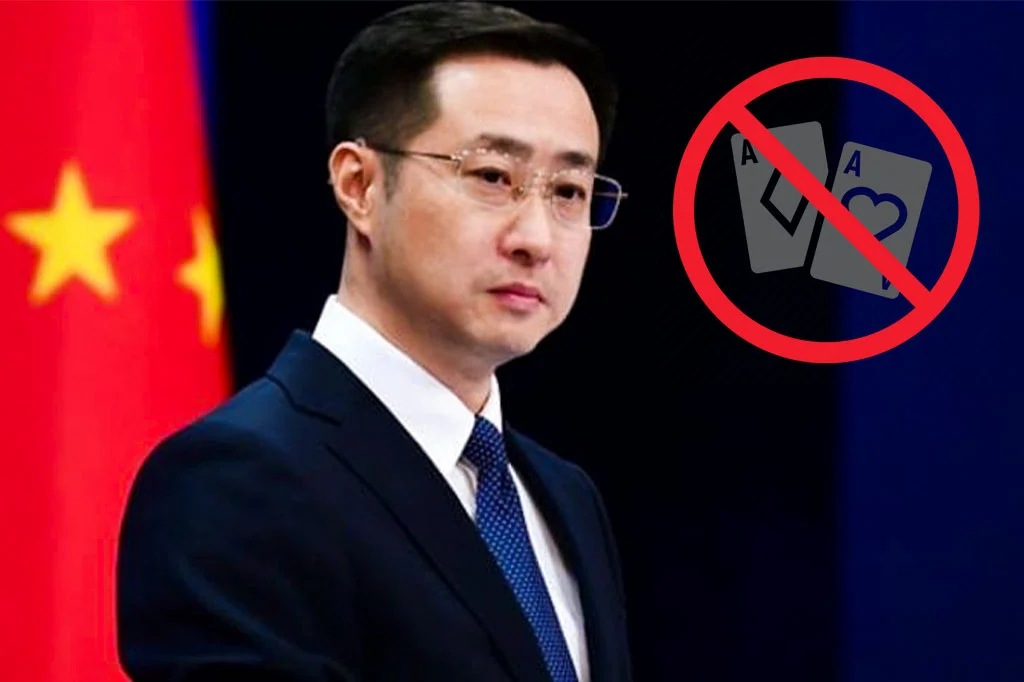
BEIJING — On Monday (March 18), the Chinese embassy in Singapore issued a stern warning to Chinese nationals in the city-state, advising them to steer clear of all gambling activities. This directive aligns with China’s broader crackdown on gambling by its citizens in Southeast Asia, a region favored by Chinese tourists.
In its statement, the embassy “solemnly reminded” Chinese residents in Singapore to be aware of legal implications and to avoid gambling. Singapore hosts two prominent casinos, operated by Las Vegas Sands and Genting Singapore.
The embassy emphasized that, even if casinos are legally established abroad, participation in cross-border gambling by Chinese citizens could contravene Chinese laws. It further noted that embassies and consulates may be limited in their ability to provide consular assistance in such cases.
China has ramped up efforts to curb cross-border, offshore, and online gambling, issuing similar advisories in multiple countries to mitigate illegal gambling activities and protect its citizens.
“Cross-border gambling can lead to risks such as fraud, money laundering, kidnapping, detention, trafficking, and smuggling,” the Chinese embassy in Singapore highlighted in its Monday statement.
Recently, Chinese embassies in South Korea and Sri Lanka have also issued similar warnings.
On February 22, Chinese and Philippine law enforcement agencies collaborated to repatriate over 40 Chinese nationals involved in offshore gambling, according to the Chinese embassy in the Philippines.
The Chinese government maintains a firm stance against all forms of gambling and discourages its citizens from leaving the country to engage in gambling activities, the embassy reiterated.
Moreover, the ministers of public security from China and Vietnam have agreed to strengthen their law enforcement cooperation, signing a memorandum of understanding to jointly combat cross-border gambling.
The Chinese embassy in Singapore also announced that the Ministry of Public Security of China has launched a reporting platform for combating cross-border and online gambling, allowing Chinese citizens to report suspicious activities and provide information on potential violations.















